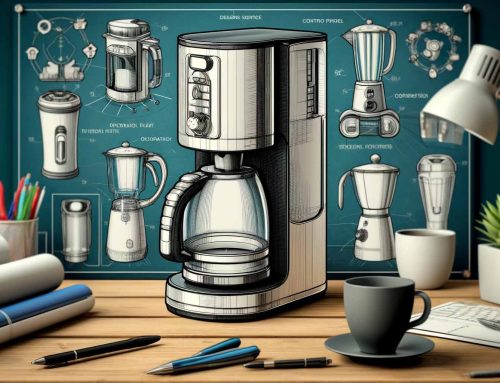When seeking to obtain a patent with a patent attorney, it is important to ensure that your claimed invention meets the requirements for subject matter eligibility. According to the United States Patent and Trademark Office (USPTO), there are two criteria for determining subject matter eligibility: (1) the invention must fall within one of the four statutory categories of process, machine, manufacture, or composition of matter, as outlined in 35 U.S.C. 101; and (2) the invention must not be directed to a judicial exception, unless the claim as a whole includes additional limitations that amount to significantly more than the exception. The judicial exceptions include abstract ideas, laws of nature, and natural phenomena (including products of nature).
It is also important to note that subject matter eligibility is further limited by the Atomic Energy Act, which prohibits patents granted on any invention or discovery that is useful solely in the utilization of special nuclear material or atomic energy in an atomic weapon.
To fully understand the requirements for subject matter eligibility, it is helpful to refer to the Manual of Patent Examining Procedure (MPEP) § 2106, which provides a detailed discussion on the subject, as well as specific guidance on how to evaluate claims for patent-eligible subject matter.
The Manual of Patent Examining Procedure (MPEP) is a guide that is used by patent examiners at the United States Patent and Trademark Office (USPTO) to determine whether a claimed invention is eligible for a patent. MPEP § 2106 specifically deals with the issue of subject matter eligibility, which is a requirement for a claimed invention to be granted a patent.
According to MPEP § 2106, there are two criteria for determining subject matter eligibility: (1) the claimed invention must fall within one of the four statutory categories of process, machine, manufacture, or composition of matter, as outlined in 35 U.S.C. 101; and (2) the claimed invention must not be directed to a judicial exception, unless the claim as a whole includes additional limitations that amount to significantly more than the exception. The judicial exceptions include abstract ideas, laws of nature, and natural phenomena (including products of nature).
MPEP § 2106 also provides guidance on how to evaluate claims for patent-eligible subject matter, including the use of an analytical framework to determine whether a claim is drawn to patent-eligible subject matter. The MPEP recommends that examiners consider the following questions when evaluating a claim: (1) is the claim directed to a statutory category of invention (i.e., process, machine, manufacture, or composition of matter)?; (2) is the claim directed to a judicial exception (i.e., abstract idea, law of nature, natural phenomenon)?; and (3) if the claim is directed to a judicial exception, does the claim include additional limitations that amount to significantly more than the exception?
In addition, MPEP § 2106 provides guidance on specific types of subject matter that may be eligible or ineligible for patenting, such as living subject matter (covered in MPEP § 2105) and inventions related to the utilization of special nuclear material or atomic energy in an atomic weapon (which are prohibited by the Atomic Energy Act).
Overall, MPEP § 2106 serves as a useful resource for examiners and applicants to understand the requirements for subject matter eligibility and how to evaluate claims for patent-eligible subject matter. Talk with patent attorney Matthew Tucker to discuss whether your invention meets the requirements of patent eligible subject matter today at 1-800-TUCKERWINS. As the New Year approaches, now is the time to file a patent on your invention that you have been waiting on.








